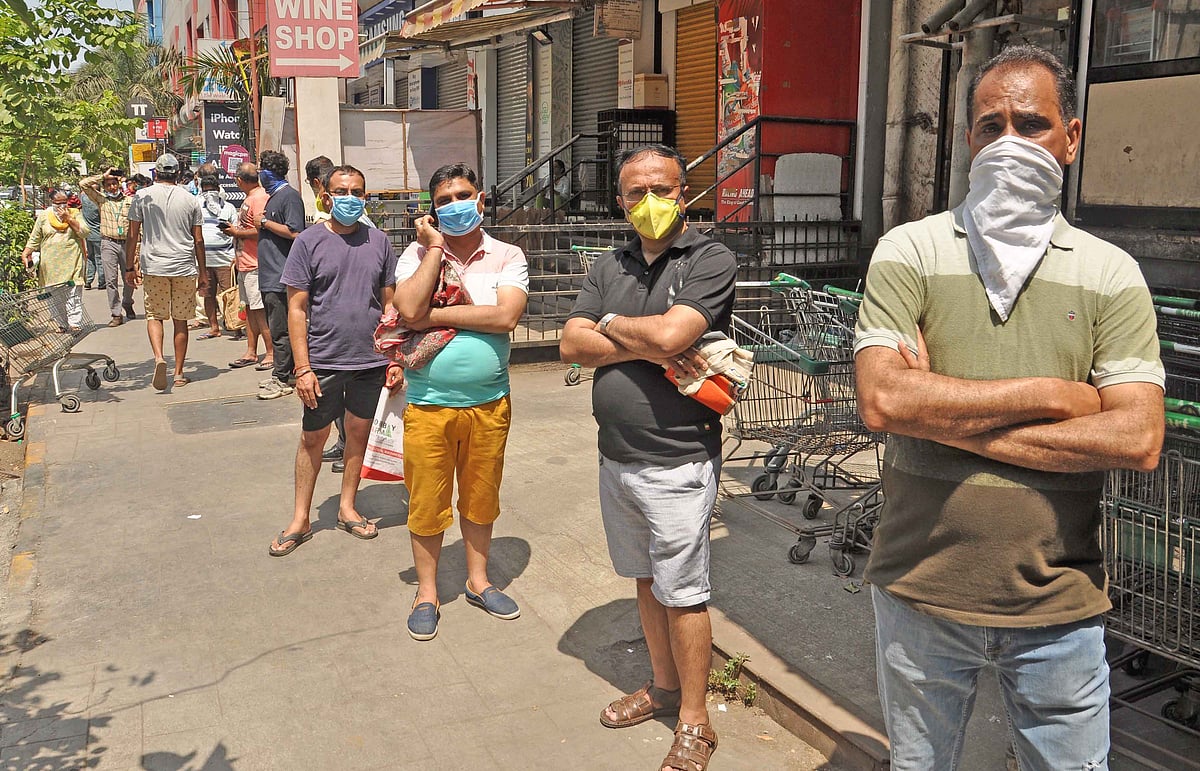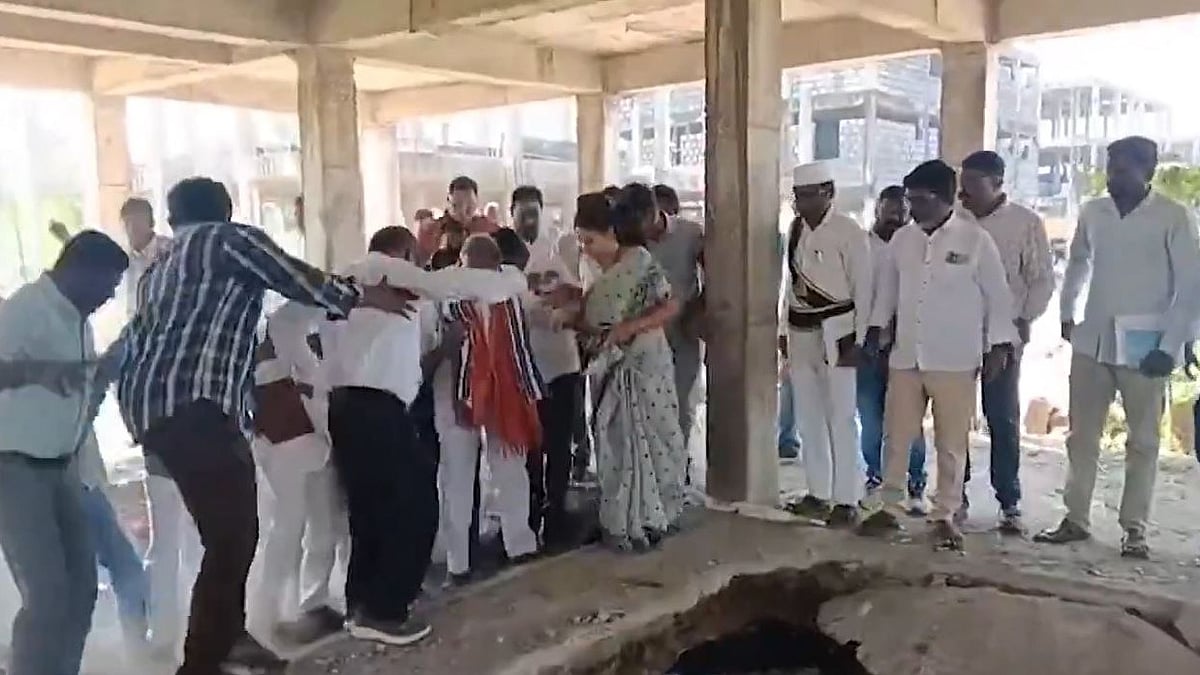As India completes the third week of COVID-19 lockdown, a majority of people have started experiencing the heat of liquidity planning. Needless to mention, this challenge is likely to shift into legal defence mode. Business decency is on the verge of turning to business default situations, unless planned and monitored on daily basis. Many have started reviewing and some have already completed the review of business documents / agreements to confirm availability and applicability of the force majeure clause in the contracts. Force majeure is the situation where either of the party under contract is unable to fulfil his obligations.
We’ll look at both the scenarios:
1. Agreements having force majeure as one of the general terms and conditions. The next check then would be whether the clause has “pandemic” exclusion. In many cases answer is no.
2. Agreements that don’t have force majeure clause provision.
Today the complete universe is going through the pandemic situation – something which was never been experienced / perceived by any one of us, in the past many decades. It’s a global issue where both the aforesaid situations fall in one basket. We are sure that courts will recognise this, once the litigations start. In fact, until 30th June, courts have decided to take only urgent matters, which is as good as indirect confirmation of partial Force Majeure situation across the country.
Before looking at the speedy and cost-effective option for handling the legal challenges, I would like to touch upon what happens when force majeure is triggered in contracts.
When force majeure goes beyond stipulated or reasonable time, the impacted party gets the right to cancel or renegotiate the contract. So, one must be mindful of this risk, while triggering force majeure in all kinds of contracts. Obligation of evidencing Force Majeure may not be a big challenge in current situation.
This article aims not only to cover business issues but also to cover domestic legal issues, excluding matters falling under the domain of criminal law.
Vide directions dated 13th March, Supreme Court, advised to hear only urgent matters and hence, one can fairly assume that courts may not be taking commercial matters for some more time, unless these matters fall into the urgent category. It’s not easy under current situation to evidence and convince it is urgent in the light of one of the High Courts imposing a fine, for pressing non-urgent matters.
So, for the parties who want to seek justice against forced use of force majeure provisions or for any other relief, the best options they have left is to try for mediation or wait till the COVID-19 situation returns to normalcy.
Mediation is an alternative method of resolving disputes without resorting to the courts. It is a structured, voluntary and interactive negotiation process where a neutral third-party uses specialized communication and negotiation techniques to help the parties in fulfilling their stated objectives. As a party-centered process, it focuses on the interests, needs and rights of the parties. It’s a legally accepted process where the disputing people decide to mutually find a solution to their legal problem by entering into a written contract and appointing a Mediator. It’s cost saving, speedy process to arrive at solution in business disputes or private disputes.
In lockdown, situation, mediation is workable option available for business as well as private litigants. Mediation helps parties look beyond the dispute, it closes the past and attempts to promote a future relationship. It offers a good level of confidentiality and hence it’s most popular in family disputes. The only basic requirement for success of the mediation, is the party’s mindset.
Industrial Disputes Act, 1947, recognized mediation first in India for resolving industrial disputes.
In 1999, the Code of Civil Procedure Amendment Act was passed by the Parliament. It provided for Section 89 of the Code of Civil Procedure, 1908 which allowed the courts to refer to alternative dispute resolution (ADR) methods to settle pending disputes. Under this, consent of the parties was made mandatory and the court could refer cases for arbitration, conciliation, judicial settlement through Lok Adalat, or mediation.
Moreover, the Civil Procedure- Mediation Rules, 2003 provide for mandatory mediation under r. 5(f)(iii). These allow the court to refer cases for mediation even when the parties are not ready for reference for mediation if there is an element of settlement.
We need to open our minds to find best commercial sustainable, amicable solutions (not just legal solutions) to enable us living together and fight jointly the commercial challenges posed by COVID-19.
The views expressed in the article are the personal views of the author.
Mr. Atul Juvle currently employed with Schindler India as General Counsel and Company Secretary- India and South Asia. Mr Juvle is recognized as ‘Top 100 General Counsels of India’, in a list published by UK-500. He is the recipient of many notable awards. As a thought leader, Mr. Juvle often shares his ideas in several national and international forums.








